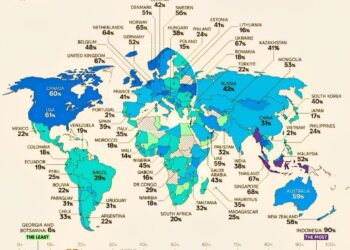Select Language:
Nvidia has announced a groundbreaking $100 billion investment in OpenAI, signaling a significant shift in the landscape of supercomputing and artificial intelligence development. This massive infusion of capital reflects the company’s ambitions to dominate the rapidly advancing field of human-level AI capabilities, raising concerns about the potential for a new era of technological monopolies.
The move positions Nvidia as a central player in the ongoing race toward creating more sophisticated AI systems, leveraging its formidable expertise in graphics processing units (GPUs) and computing hardware. By supporting OpenAI’s innovative efforts, Nvidia aims to accelerate the development of next-generation AI models. However, industry experts warn that such hefty investments could lead to a concentration of supercomputing resources within a few tech giants, potentially stifling competition and innovation from smaller organizations.
While the partnership promises to push the boundaries of AI research and application, critics argue that the consolidation of supercomputing power may tilt the balance of influence towards a handful of multinational corporations. This could create a situation where access to the most advanced AI infrastructure becomes increasingly limited and expensive, intensifying concerns over the monopolization of cutting-edge AI technology.
As artificial intelligence continues to evolve and integrate into various sectors—from healthcare to finance—the implications of such a significant investment are being closely watched. Many wonder if this trend will foster unprecedented advancements or result in a landscape where a few dominate the future of human-computer interaction. Ultimately, the move underscores the pivotal role supercomputing resources now play in shaping the trajectory of AI development and the wider digital economy.






